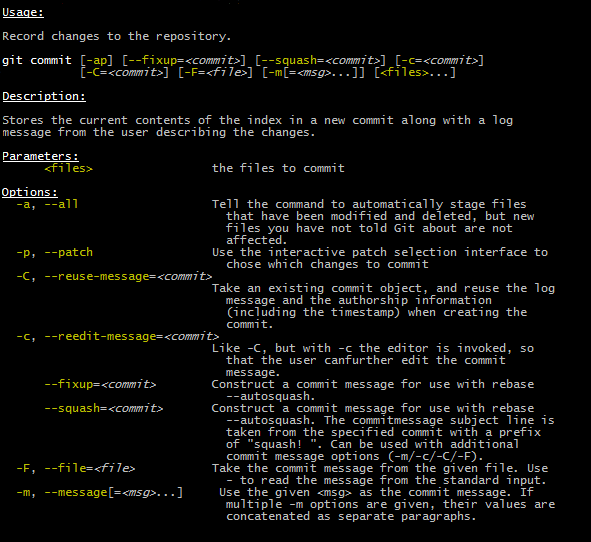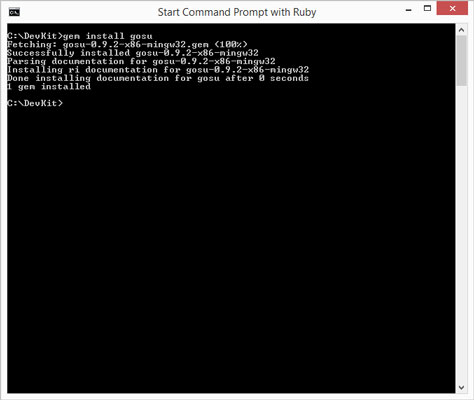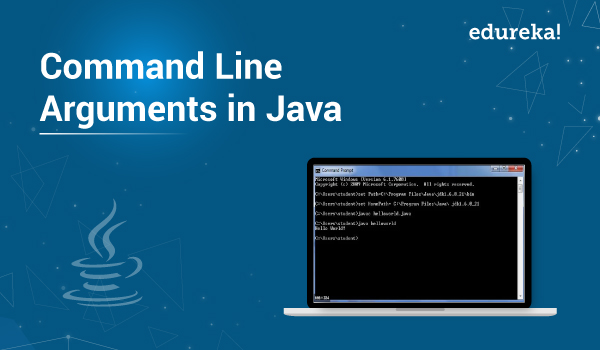Ruby command line argv check length rb one too few arguments ruby command line argv check length rb one two working on one two values received on the command line are strings in this snippet of code we first check if we got exactly 2 parameters and we do we add them together.
Ruby command line arguments parsing.
Passing in arguments via the command line is an extremely basic programming task and a necessity for anyone trying to write a simple command line interface cli.
Db argv 1 then i stub out the rake tasks at the bottom of the file since rake will look for a task based on that argument name.
Optionparser has a number of features that make it quite appealing to ruby programmers.
Rake mytask db name this feels cleaner to me than the var foo env var and the task args blah blah2 solutions.
Opts on h help display this screen do puts opts exit end end parse.
In node js as in c and many related environments all command line arguments received by the shell are given to the process in an array called argv short for argument values.
Options optparse optionparser new do opts todo.
All the features listed in the previous section can be enabled via the core assembly except for enabling a different method signature for main.
Once you learn how to use this you ll never go back to looking through argv manually.
You can also use environment commandline or environment getcommandlineargs to access the command line arguments from any point in a console or windows.
When a block is given each non option argument is yielded.
Put command line options here this displays the help screen all programs are assumed to have this option.
Ruby comes equipped with a powerful and flexible tool to parse command line options optionparser.
Returns the rest of argv left unparsed.
In your ruby programs you can access any command line arguments passed by the shell with the argv special variable argv is an array variable which holds as strings each argument passed by the shell.
I use a regular ruby argument in the rake file.
When optional into keyword argument is provided the parsed option values are stored there via method so it can be hash or openstruct or other similar object.
How to use command line arguments.
Usr bin env ruby require optparse require pp this hash will hold all of the options parsed from the command line by optionparser.
Task database name1 task database name2 command line.










